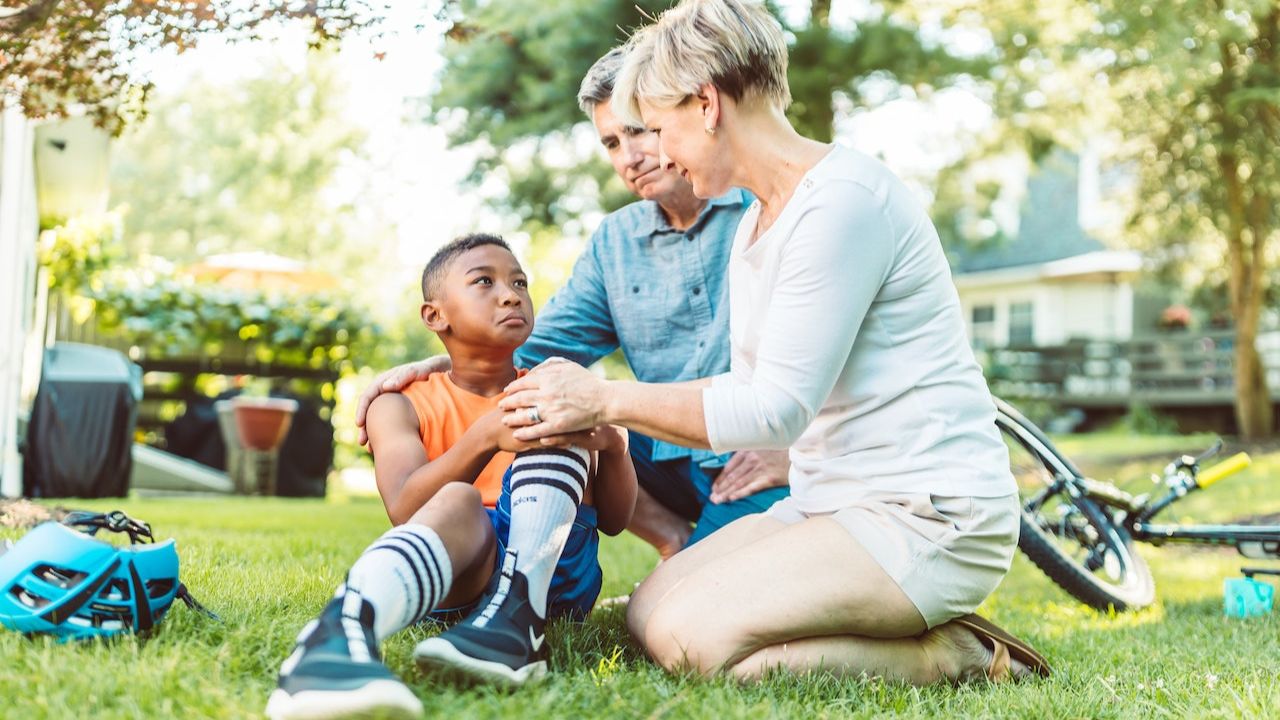
In pediatric physical therapy, parents play a crucial role in influencing the outcomes of their child's treatment. This article explores the top 10 ways parents can positively impact their child's progress.
From establishing effective communication with therapists to creating a supportive home environment, advocating for their child's needs, and maintaining long-term motivation, parents hold the key to unlocking successful therapy outcomes.
By implementing these strategies, parents can empower themselves to actively contribute to their child's physical therapy journey.
Setting the Foundation for Success
Establishing clear communication with parents is a crucial aspect of setting the foundation for success in pediatric physical therapy. Building trust with parents is essential in creating a collaborative and supportive environment for the child's therapy journey.
By effectively communicating the therapy goals, strategies, and progress, parents can actively participate in their child's treatment plan. This open line of communication allows parents to share their concerns, ask questions, and provide valuable insights about their child's needs.
In addition to building trust, setting realistic goals is another key factor in establishing a solid foundation. By working together with parents, therapists can set achievable milestones that align with the child's capabilities and potential. This approach ensures that the therapy plan is tailored to the child's unique needs, maximizing their chances of success and promoting positive outcomes in pediatric physical therapy.
Establishing Communication and Collaboration With the Therapist
Effectively establishing communication and fostering collaboration between parents and the therapist is crucial for the success of pediatric physical therapy outcomes. Therapist collaboration and effective communication play a vital role in ensuring that the child receives the best possible care and achieves optimal progress.
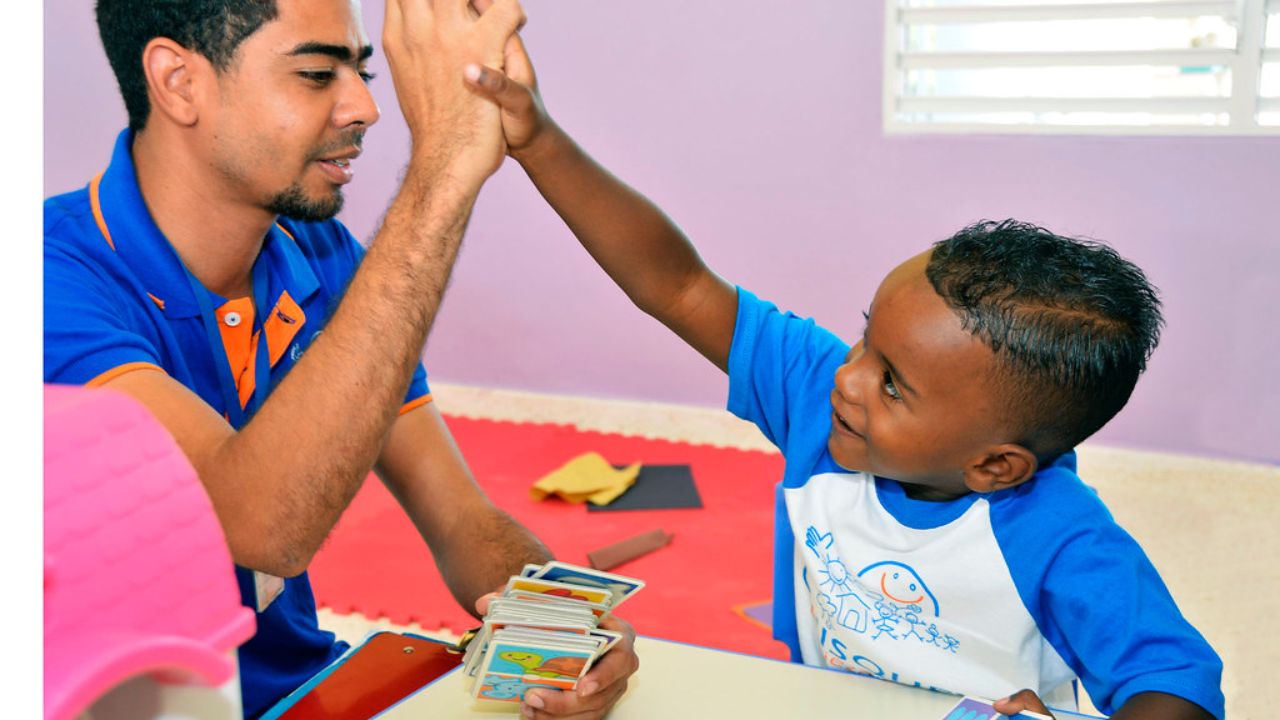
Parents should actively engage with the therapist by asking questions, expressing concerns, and sharing valuable information about their child's progress and limitations. This open line of communication allows the therapist to tailor the treatment plan to the child's specific needs, maximizing the chances of positive outcomes.
Collaboration between parents and the therapist also promotes a sense of trust and partnership, creating a supportive environment for the child's therapy journey. By working together, parents and therapists can improve the effectiveness of the therapy sessions and enhance the child's overall development and well-being.
Creating a Supportive and Accessible Home Environment
Creating a nurturing and inclusive home environment is essential for optimizing pediatric physical therapy outcomes. By making certain home modifications and providing family support, parents can greatly contribute to their child's progress.
Here are four ways parents can create a supportive and accessible home environment:
Physical Accessibility: Parents can ensure that their home is physically accessible for their child, by removing obstacles and creating clear pathways for mobility.
Adaptive Equipment: Parents can work with the physical therapist to identify and acquire any necessary adaptive equipment that will help their child engage in therapy activities at home.
Consistency: By establishing a consistent routine and schedule for therapy exercises at home, parents can reinforce the progress made during therapy sessions.
Emotional Support: Providing emotional support and encouragement to their child during therapy exercises can create a positive and motivating environment, promoting better outcomes.
Encouraging Consistency and Compliance With Therapy Recommendations
One effective way for parents to ensure consistency and compliance with therapy recommendations is by actively engaging in their child's therapy sessions.
By actively participating in the therapy sessions, parents can establish a strong therapist-parent relationship, which is crucial for effective treatment outcomes. This relationship fosters trust and open communication, allowing parents to better understand the therapy goals and actively contribute to their child's progress.
When parents are engaged and actively involved, they can reinforce the therapy recommendations at home, ensuring consistent practice and compliance with the prescribed activities. This consistency is essential for maximizing the benefits of therapy and achieving the desired outcomes.
Parents who actively engage in therapy sessions and maintain open communication with the therapist create an environment that promotes their child's progress and overall well-being.
Advocating for the Child's Needs and Rights
While actively participating in their child's therapy sessions, parents can advocate for their child's needs and rights. By empowering parents and ensuring inclusion, the following actions can be taken to effectively advocate for the child:
Education and Awareness: Parents can educate themselves about their child's condition and treatment options, empowering them to make informed decisions and advocate effectively.
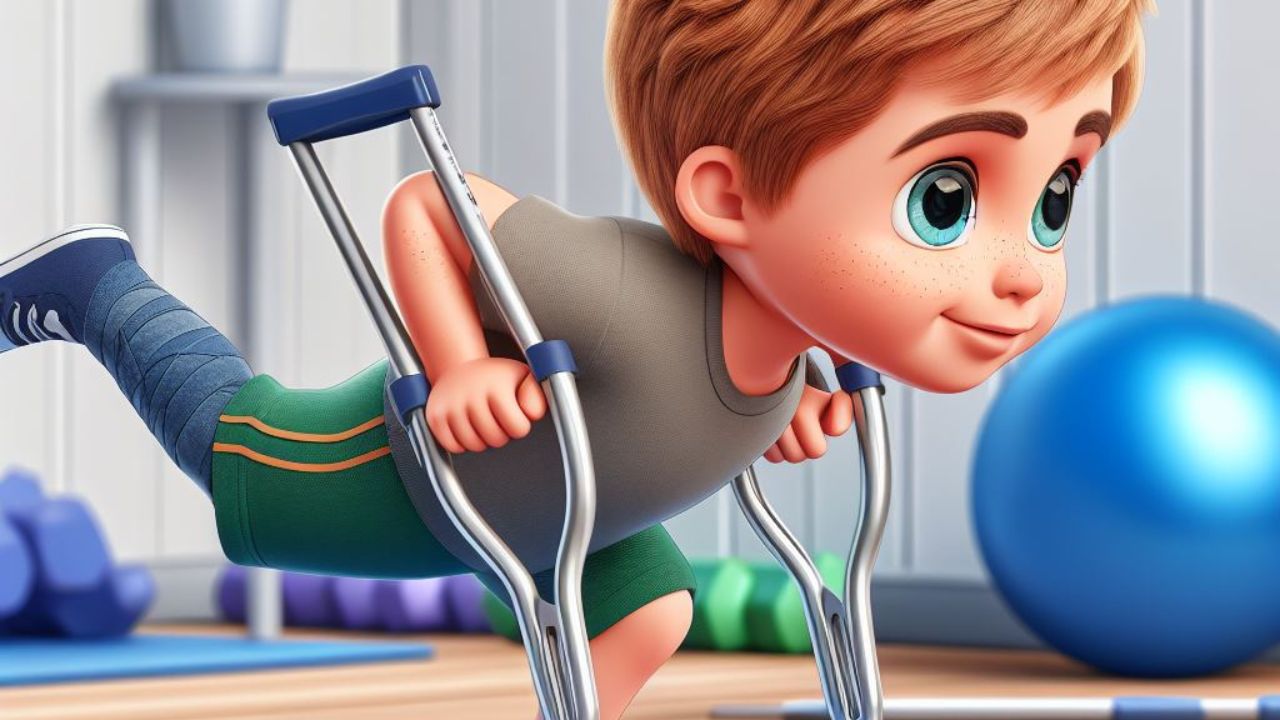
Communication: Parents should actively communicate with healthcare providers, therapists, and educators to ensure that their child's needs are understood and met.
Collaboration: Parents can collaborate with the therapy team to develop individualized treatment plans that address their child's specific needs and goals.
Access to Resources: Parents should seek out and utilize available resources, such as support groups, community programs, and educational materials, to enhance their knowledge and support their child's development.
To ensure the child's progress and maximize therapy outcomes, parents can actively engage and promote participation in therapy sessions through various strategies.
One effective strategy is incorporating playfulness in therapy sessions. By making therapy sessions fun and engaging, children are more likely to actively participate and enjoy the process. This can involve using toys, games, or interactive activities that encourage movement and physical engagement.
Additionally, parents can encourage independence in daily activities. By allowing children to take ownership of their own self-care tasks, such as dressing, feeding, and grooming, they develop a sense of confidence and autonomy. This can be supported in therapy sessions by incorporating activities that focus on developing and practicing these skills.
When parents actively promote active participation and independence, it enhances the child's motivation and progress in therapy.

Supporting Emotional and Psychological Well-being
Supporting emotional and psychological well-being is crucial for parents in ensuring optimal pediatric physical therapy outcomes. When parents promote positivity and build resilience in their child, they create an environment that fosters emotional well-being. This, in turn, positively impacts the child's motivation and engagement in therapy sessions.
Here are four ways parents can support the emotional and psychological well-being of their child:
Encourage self-expression: Creating an open and non-judgmental space where the child can freely express their emotions helps them process their feelings and develop emotional intelligence.
Provide reassurance: Offering words of encouragement and support during therapy sessions can help alleviate any anxiety or fears the child may have, boosting their confidence and motivation.
Celebrate achievements: Recognizing and celebrating the child's progress, no matter how small, can enhance their self-esteem and motivation to continue working towards their goals.
Foster a positive mindset: Encouraging positive thinking and focusing on strengths rather than limitations helps build resilience in the child, enabling them to overcome challenges and setbacks with a determined attitude.
Educating Themselves About Their Child's Condition and Treatment
Understanding their child's condition and treatment is paramount for parents in ensuring effective pediatric physical therapy outcomes.

Parental involvement plays a crucial role in the success of physical therapy interventions. By educating themselves about their child's condition and treatment, parents can actively participate in decision-making and contribute to their child's progress.
It is essential for parents to seek research-based information from reliable sources to gain a better understanding of their child's condition and the available treatment options. This can be done through discussions with healthcare professionals, reading relevant literature, and attending educational workshops or seminars.
Armed with knowledge, parents can ask informed questions, make informed decisions, and advocate for their child's needs during the physical therapy process.
Implementing Healthy Lifestyle Practices to Enhance Therapy Outcomes
By incorporating healthy lifestyle practices into their daily routines, parents can significantly enhance the outcomes of pediatric physical therapy. Here are four ways parents can implement healthy lifestyle practices to enhance therapy outcomes:
Nutrition and diet: Providing a well-balanced diet rich in nutrients can support the child's growth and development. Including fruits, vegetables, lean proteins, and whole grains can promote healing and optimize energy levels for therapy sessions.
Sleep and rest: Adequate sleep and rest are essential for the body to repair and recover. Parents should establish a consistent sleep routine, ensuring the child gets enough sleep every night. Sufficient rest can improve the child's focus and energy levels during therapy sessions.
Physical activity: Encouraging regular physical activity outside of therapy sessions can complement the progress made during therapy. Engaging in activities such as walking, swimming, or playing sports can strengthen muscles, improve coordination, and enhance overall physical well-being.
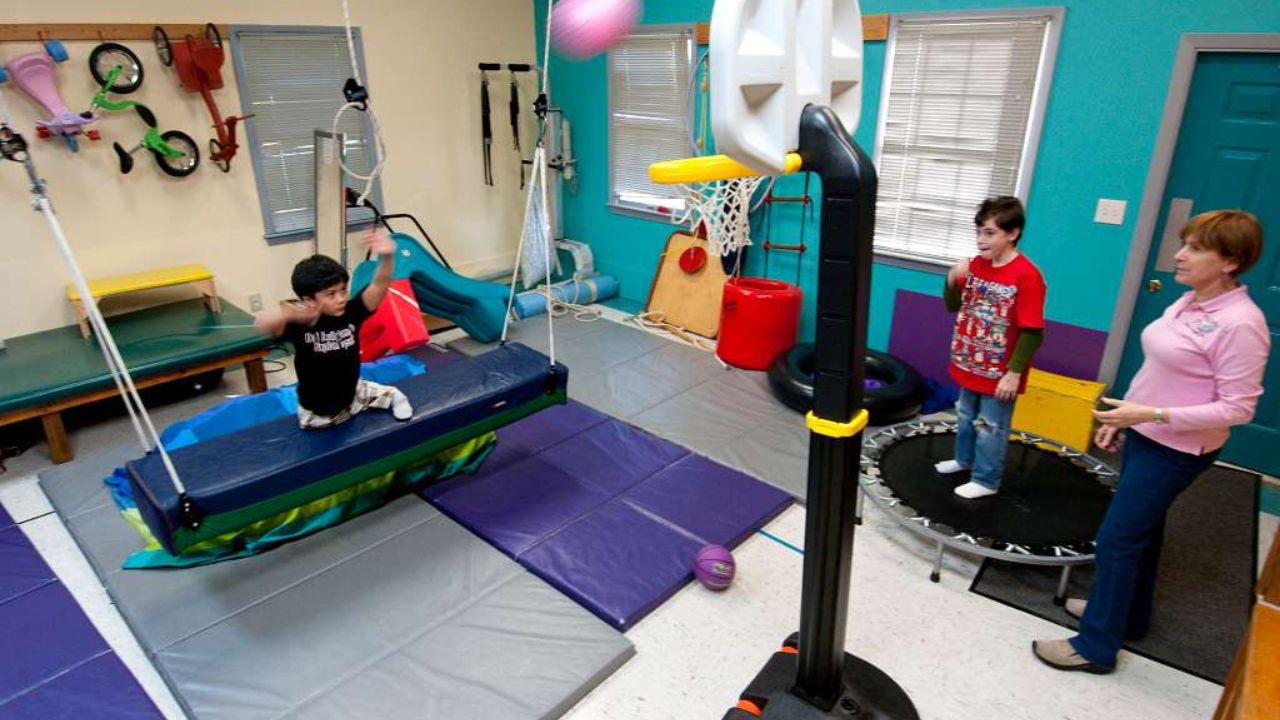
Stress management: Creating a stress-free environment at home can support the child's emotional well-being and overall therapy outcomes. Parents can help their child manage stress through relaxation techniques, such as deep breathing exercises or mindfulness practices.
Celebrating Progress and Maintaining Long-Term Motivation
How can parents effectively celebrate progress and maintain long-term motivation in pediatric physical therapy?
Maintaining motivation is crucial for the success of any therapy program. Parents play a vital role in keeping their child motivated throughout the journey.
One effective way is to celebrate milestones achieved during therapy sessions. Whether it's a small improvement in movement or reaching a major goal, parents can acknowledge and appreciate their child's progress. This celebration can take many forms, such as verbal praise, high-fives, or even small rewards. By recognizing and celebrating these milestones, parents can create a positive and encouraging environment for their child.
Additionally, parents can maintain long-term motivation by setting realistic goals and breaking them down into smaller achievable targets. This approach helps children stay focused and motivated, knowing that their efforts are leading to progress and success.
Frequently Asked Questions
Can Parents Participate in Therapy Sessions With Their Child?
Parents can actively participate in therapy sessions with their child, which can have a significant impact on therapy progress. Their involvement allows for better communication, understanding of therapy goals, and reinforcement of therapeutic techniques at home.
How Can Parents Effectively Communicate With Their Child's Therapist?
Effective communication between parents and their child's therapist is crucial for successful pediatric physical therapy outcomes. Parent involvement in therapy sessions allows for open dialogue, sharing of information, and collaboration to ensure the best possible care for the child.
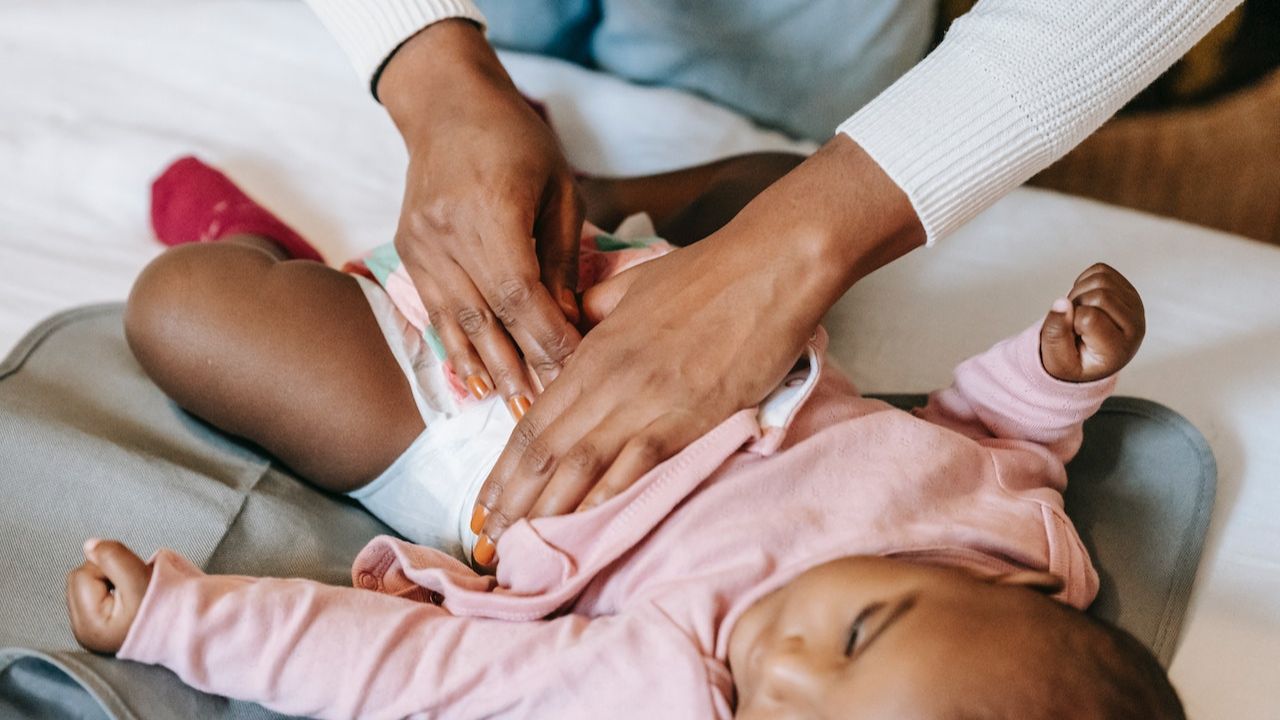
What Can Parents Do to Create a Supportive and Accessible Home Environment for Their Child's Therapy?
To create a supportive and accessible home environment for their child's therapy, parents can establish supportive routines and ensure the availability of appropriate and accessible equipment. These factors contribute to the child's progress and overall therapeutic outcomes.
How Can Parents Ensure Consistency and Compliance With Therapy Recommendations Outside of Therapy Sessions?
Parental involvement is crucial for ensuring consistency and compliance with therapy recommendations outside of therapy sessions. By actively participating in their child's therapy, parents can help create a supportive and accessible home environment, promoting home exercise compliance.
Are There Any Resources Available for Parents to Educate Themselves About Their Child's Condition and Treatment?
Online resources and support groups are valuable tools for parents to educate themselves about their child's condition and treatment. They provide accessible information and a community of support for parents seeking to enhance their understanding and involvement in their child's therapy journey.
 Mobility trainingHome Fitness RecoverySports Injury PreventionPersonal Physical TherapyOrthopedic SolutionsPrivacy PolicyTerms And Conditions
Mobility trainingHome Fitness RecoverySports Injury PreventionPersonal Physical TherapyOrthopedic SolutionsPrivacy PolicyTerms And Conditions
